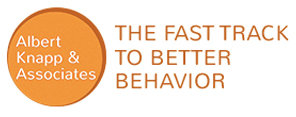It is common to read about new therapies or ‘cures’ for autism. A lot of sites and even printed materials will show the newest technology, therapy or solution to this condition. However, it is important to understand that few things have actually been scientifically proven as an aid to people with autism. Even then, people deal with autism in different ways and not all therapies will help everyone.
When talking about children with autism, specifically, you need to be even more careful because children, while developing and growing up, are more sensitive to what happens to them and you want to avoid bringing hard to them at all costs. One of the most helpful tools out there for autistic children is the applied behavior analysis or ABA. There are a series of treatments that revolve around this analysis that have proven to be extremely helpful in aiding children with autism and related disorders learn new skills and reduce problem behaviors. ABA supports entirely the fact that autism is a neuro-developmental disorder without any known cure or an identified biological marker; however, it has also proven that several barriers to learning and specific impairing behaviors that children with autism present can be worked through and altered through behavioral intervention and instruction.
Through this kind of therapy, children with autism and related disorders can develop more easily along with their environment. Through this therapy that helps them behave in a more acceptable way and understand why they need to do it, as well as helping them learn new skills that might have otherwise seemed out of reach, they can become a part of society. A lot of children and even adults who have grown up with autism feel completely different than everyone else, which is why this kind of therapy can make a huge difference, helping them join the social circles that might help them grow and become better people.
source: http://my.clevelandclinic.org/childrens-hospital/specialties-services/departments-centers/center-for-autism/behavioral-intervention-autism


Recent Comments